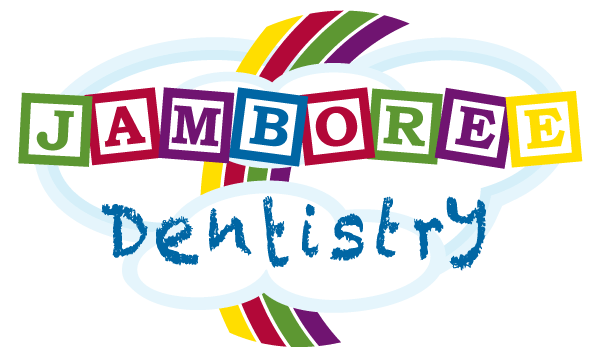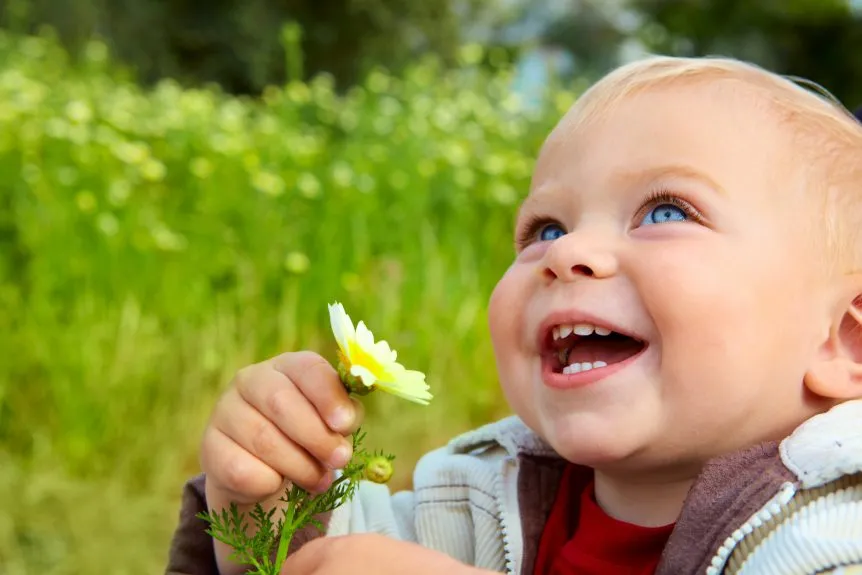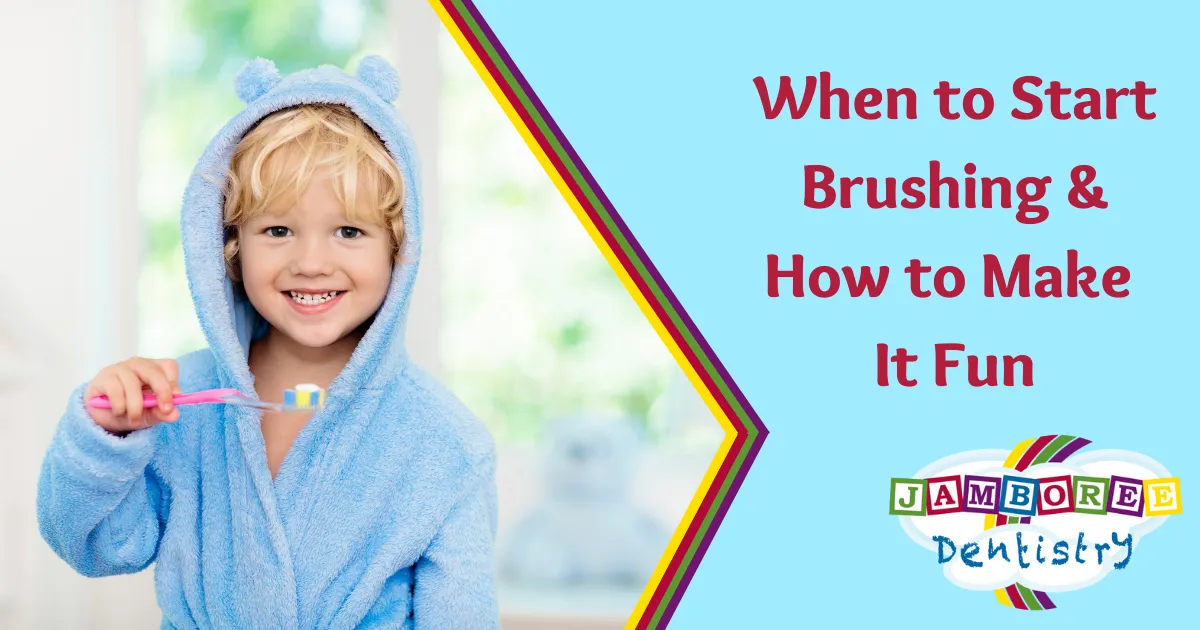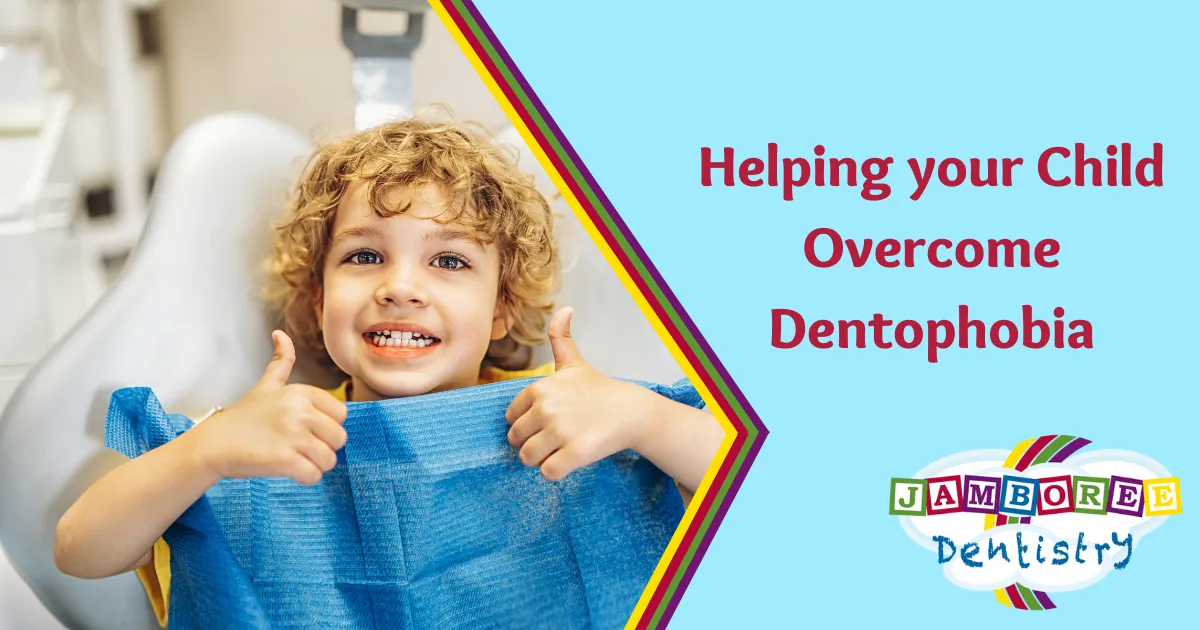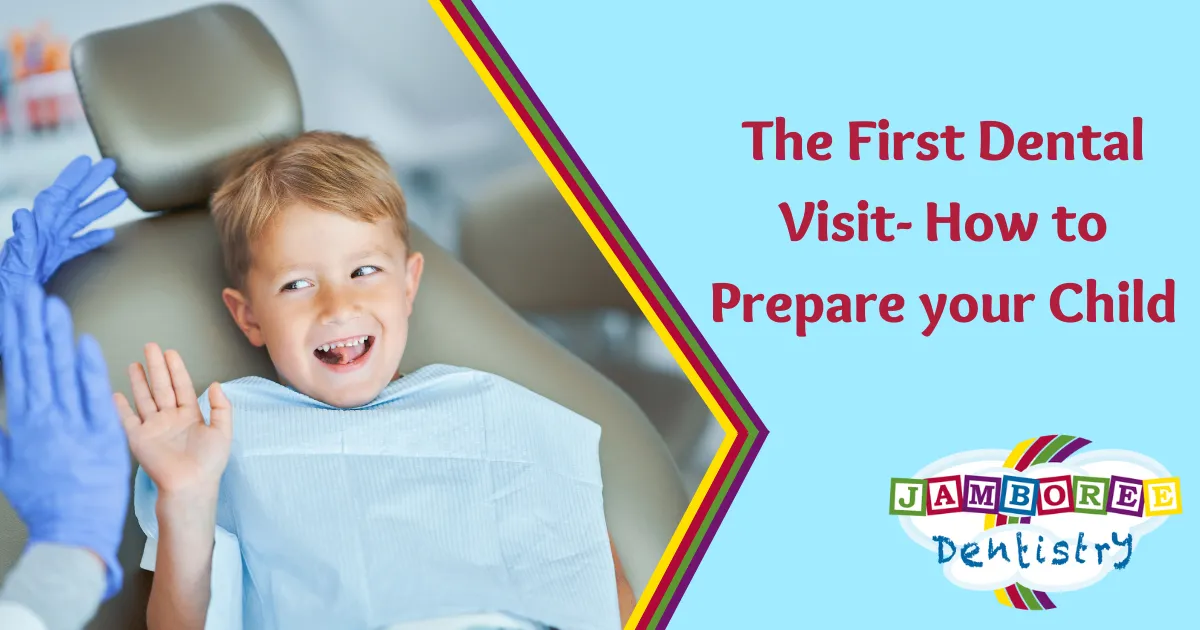Baby teeth aren’t permanent, so they are not important, right? Wrong. Primary teeth are essential to a child’s physical, emotional, and social development as well as their future oral health. Unfortunately tooth decay in infants is fairly common, however with proper hygeine it is preventable.
Speech and Facial Development
The presence and proper positioning of baby teeth assist in the formation of correct pronunciation during speech. The tooth structure also provides support for the developing facial muscles and gives shape to your child’s face.
Tooth Alignment
Primary teeth save space for the adult teeth and guide the adult teeth into their proper position. If the baby tooth is lost early, the adjacent teeth can drift into that space. The permanent tooth then has less room to come in and can be blocked from erupting into that space.
Concentration and Self-esteem
Dental pain can greatly affect a child’s ability to pay attention and learn in school. Decayed teeth can also interfere with a child’s social interactions and affect their confidence and self-esteem.
Healthy Permanent Teeth
Permanent teeth develop very close to the roots of the baby teeth. Baby teeth are much smaller, and cavities can spread very quickly through their thin enamel. If cavities are left untreated, the baby tooth can develop an infection which can hinder tooth development and cause damage to the permanent tooth underneath.
Proper Health and Nutrition
Dental pain can lead to nutritional deficiencies if the child is not able to properly chew their food. Also, if cavities are left untreated, there is a great risk of an infection forming. This infection can spread to other areas of the body and even to the brain.
